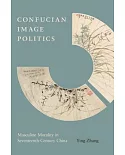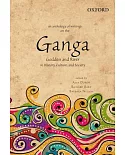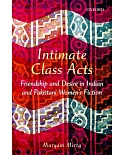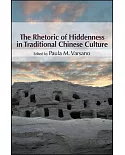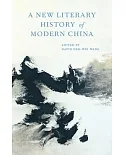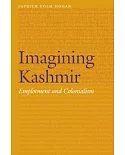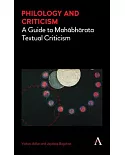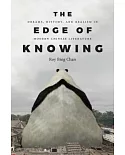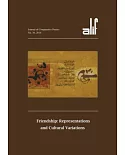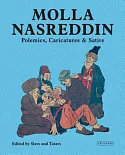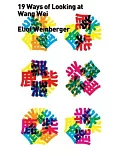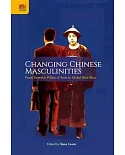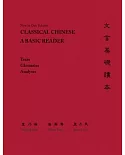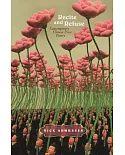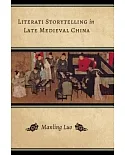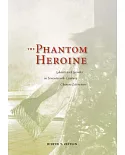Popati Hiranandani's (1924-2007) autobiograpy unfolds the experiences of her personal life trapped in the geo-political debris of pre- and post-Partition India. She traces the agony and ecstasy
of her life, the critical junctures of becoming and unbecoming in the life of a Sindhi woman-the two phases of her pre-Partition and post-Partition life are fused by the inconsolable and
unmitigated trauma triggered by the loss of home. Through an exegesis of gender relations in colonial and postcolonial India and scrutiny of personal experiences and memories, Hiranandani
offers her understanding of the real obstacles that come in women's ways of wielding autonomy over their lives.
Hiranandani's short stories posit a fictional account of multifaceted existence of womanhood. Caught in the web of nostalgia, agony, pain of separation, and reunion-both imaginary and
real-Hiranandani's protagonists attempt to veil their tears and recount the stories of the lives that remained untold and unheard for a long time.
Translated, and with an Introduction, by Jyoti Panjwani, this work traces the migration of the Sindhi community in pre- and post-Partition India. The detailed analysis of the development of
Sindhi literature is accompanied by Panjwani's re-contextualizing of Hiranandani's life and work in present-day India.


